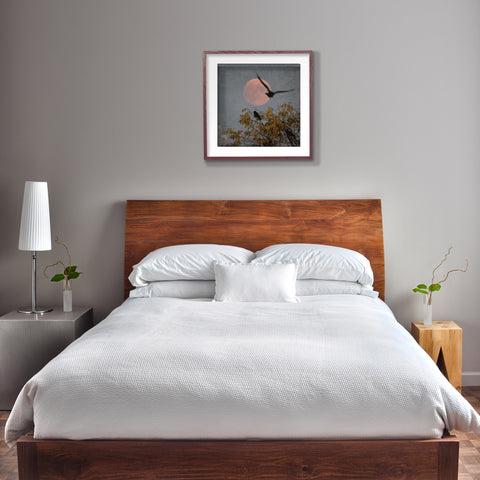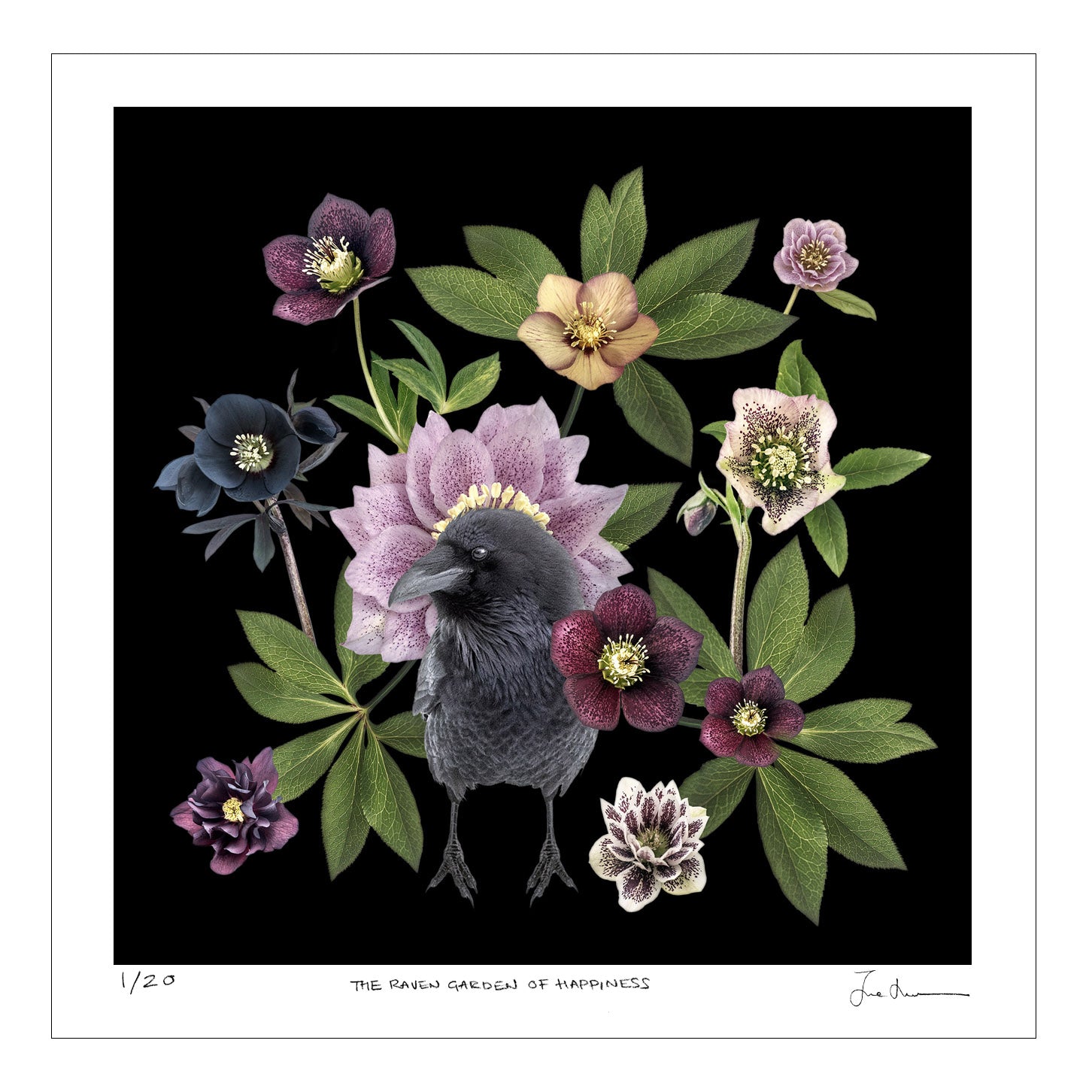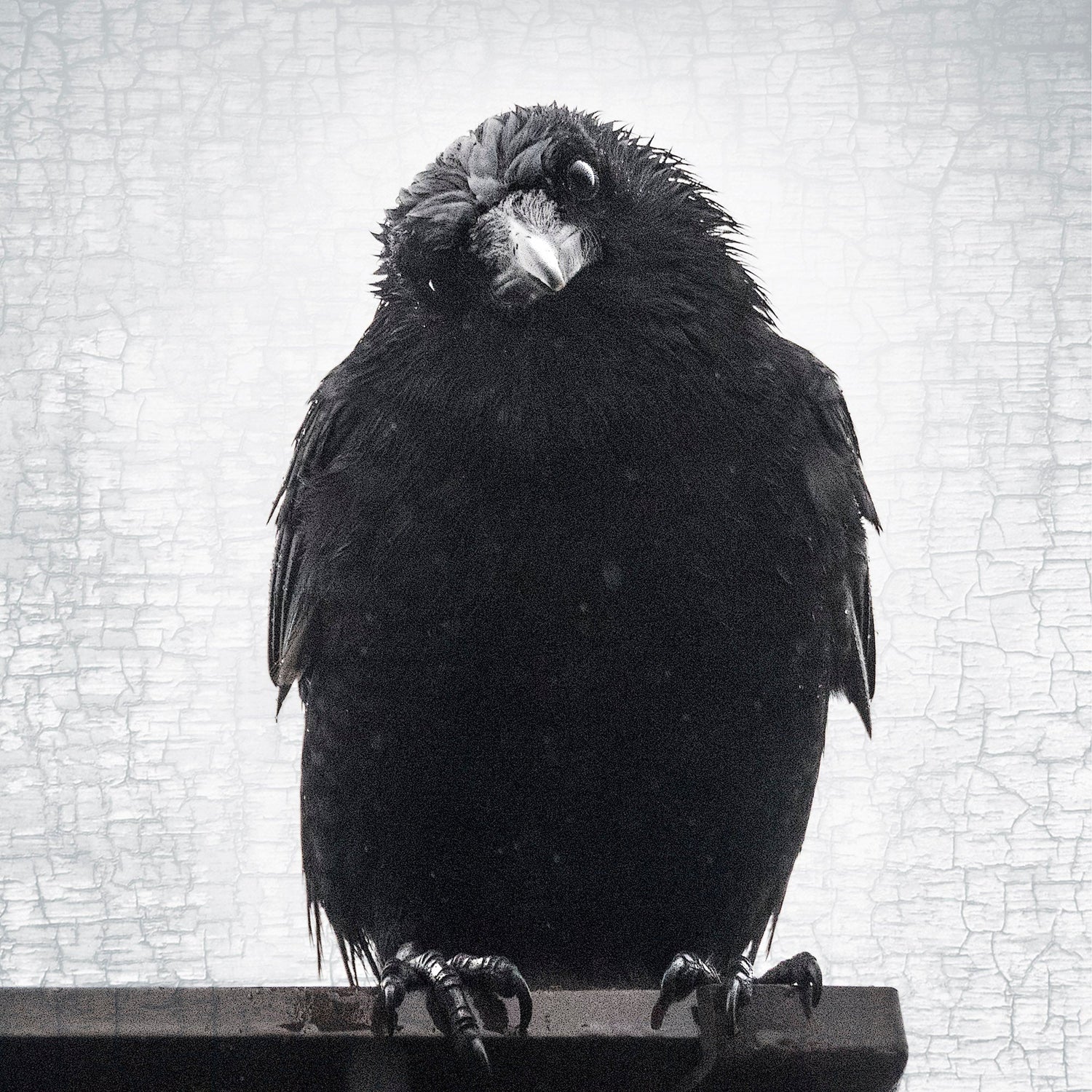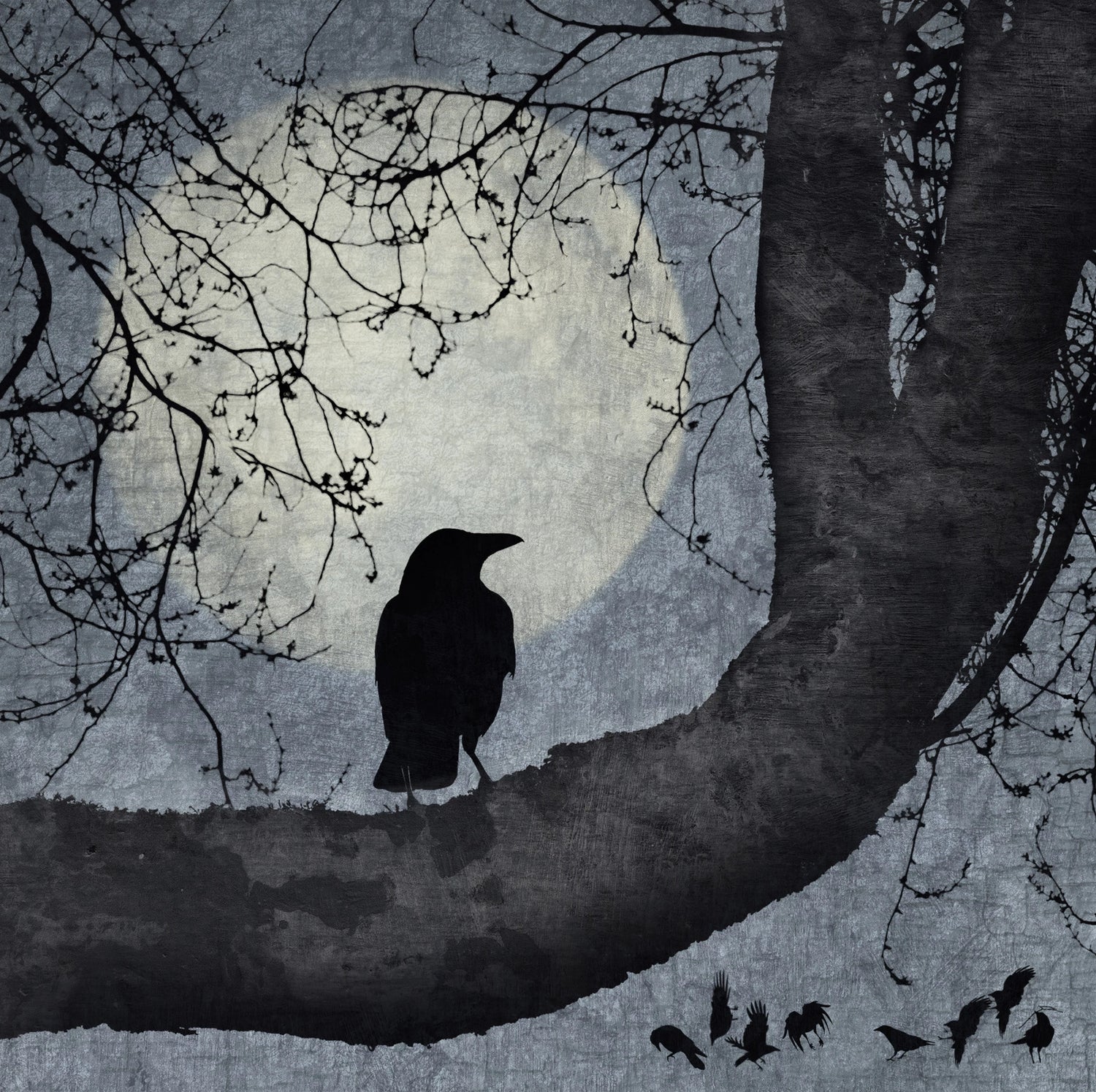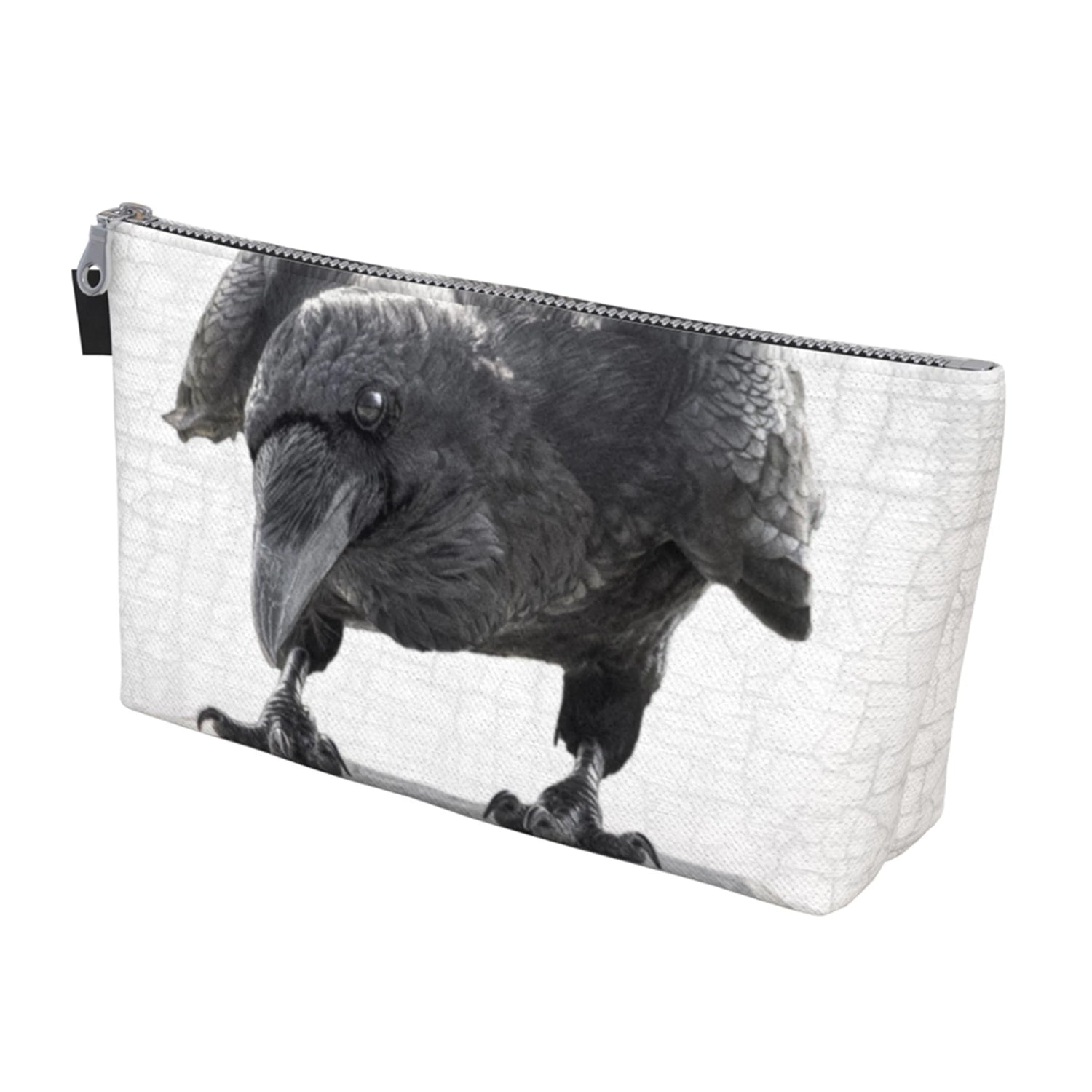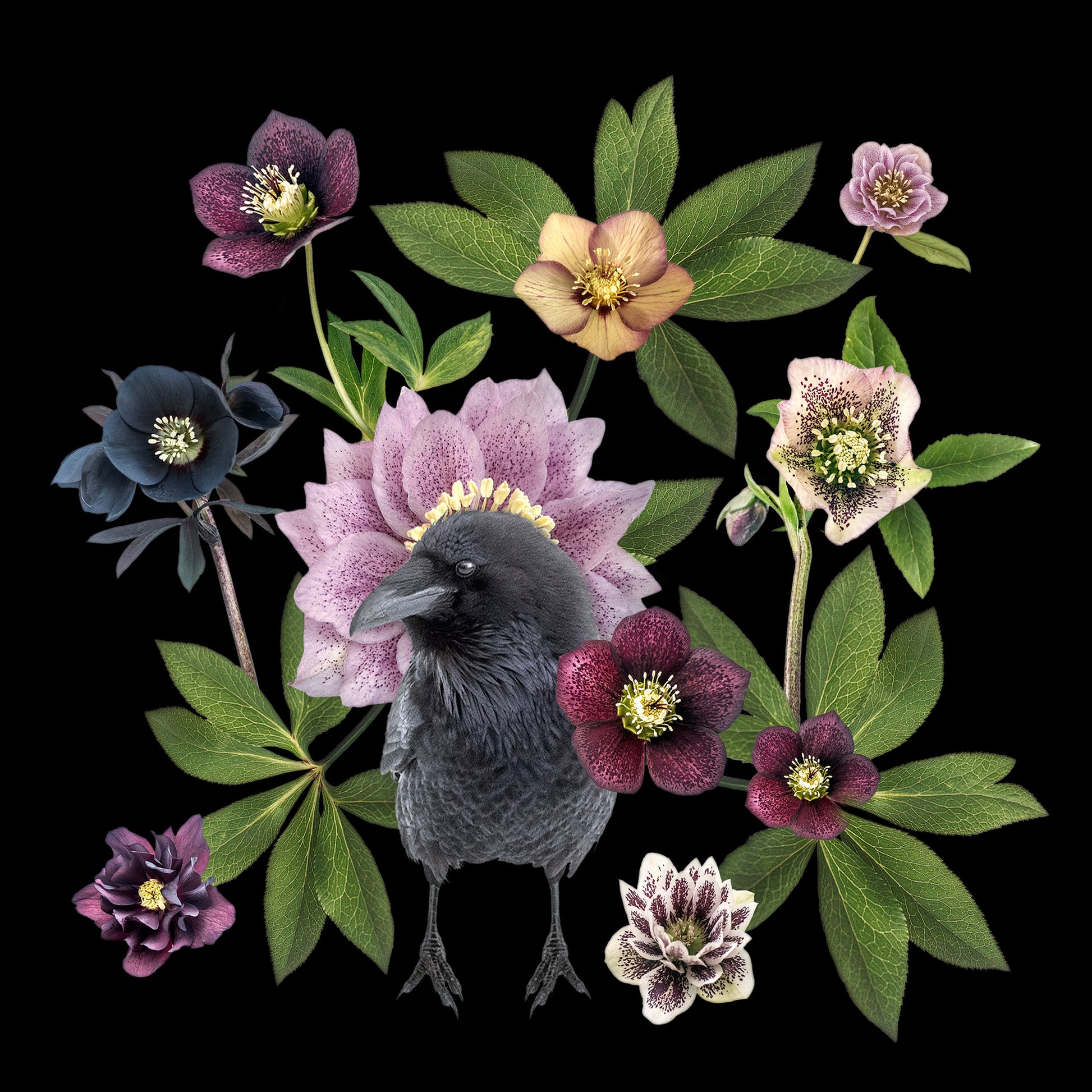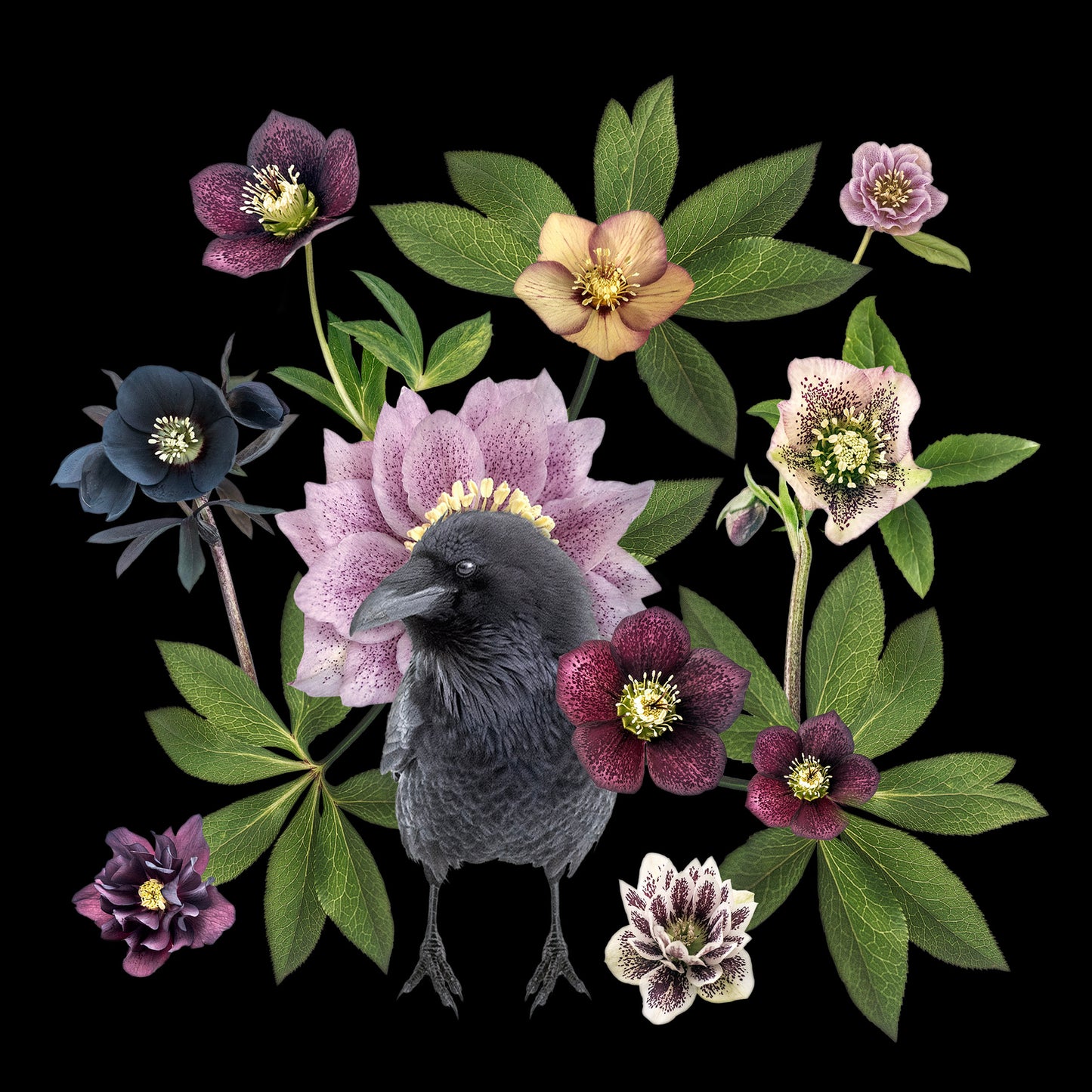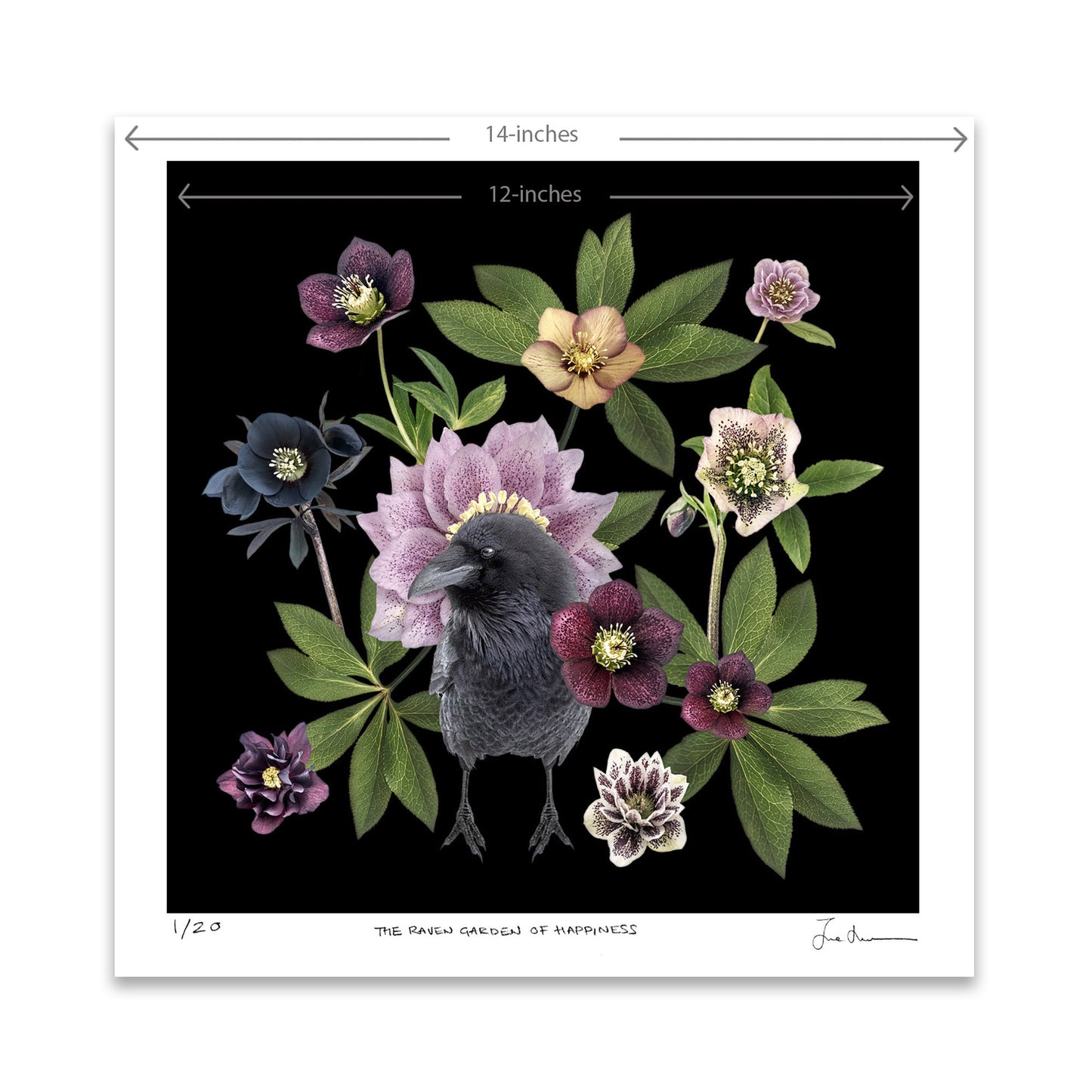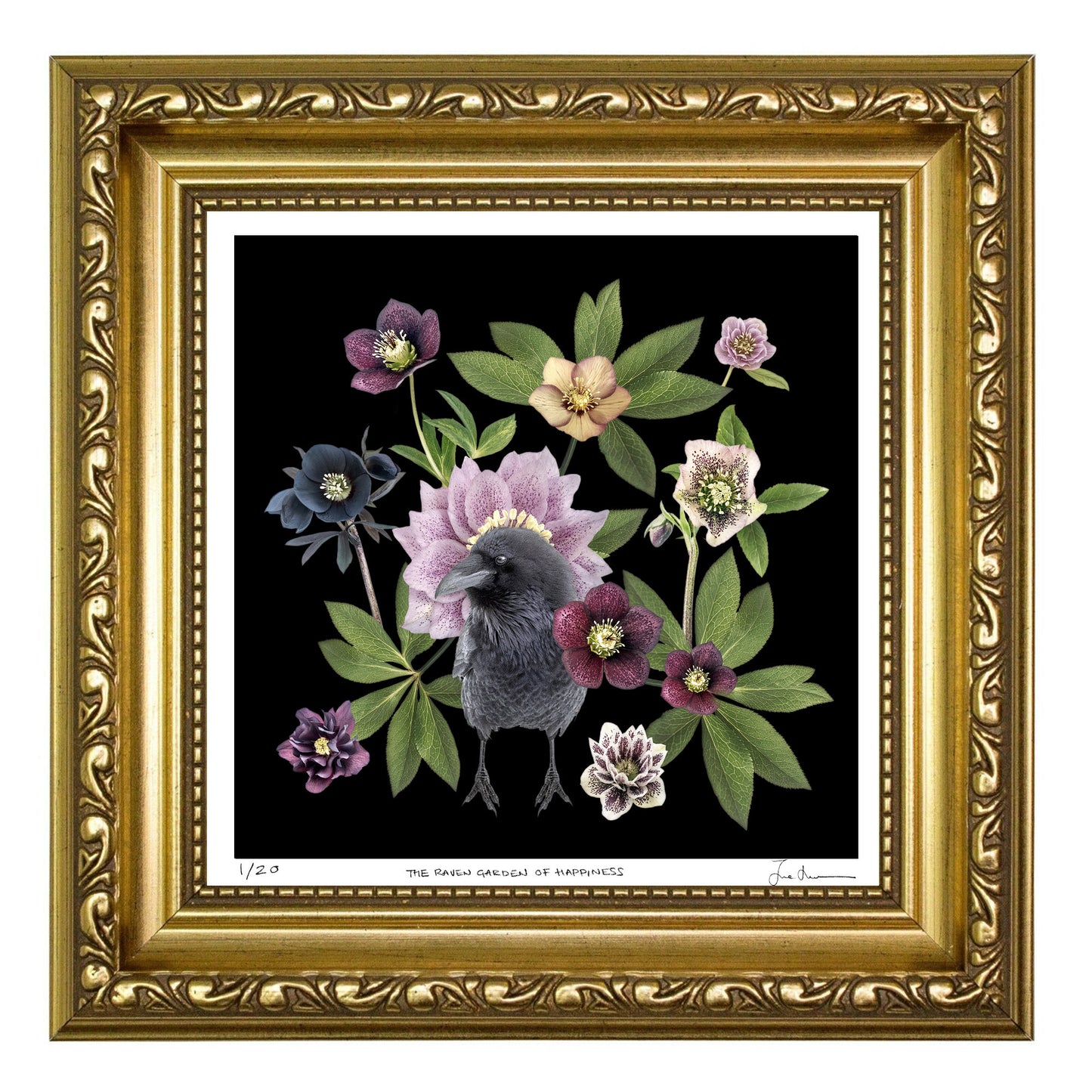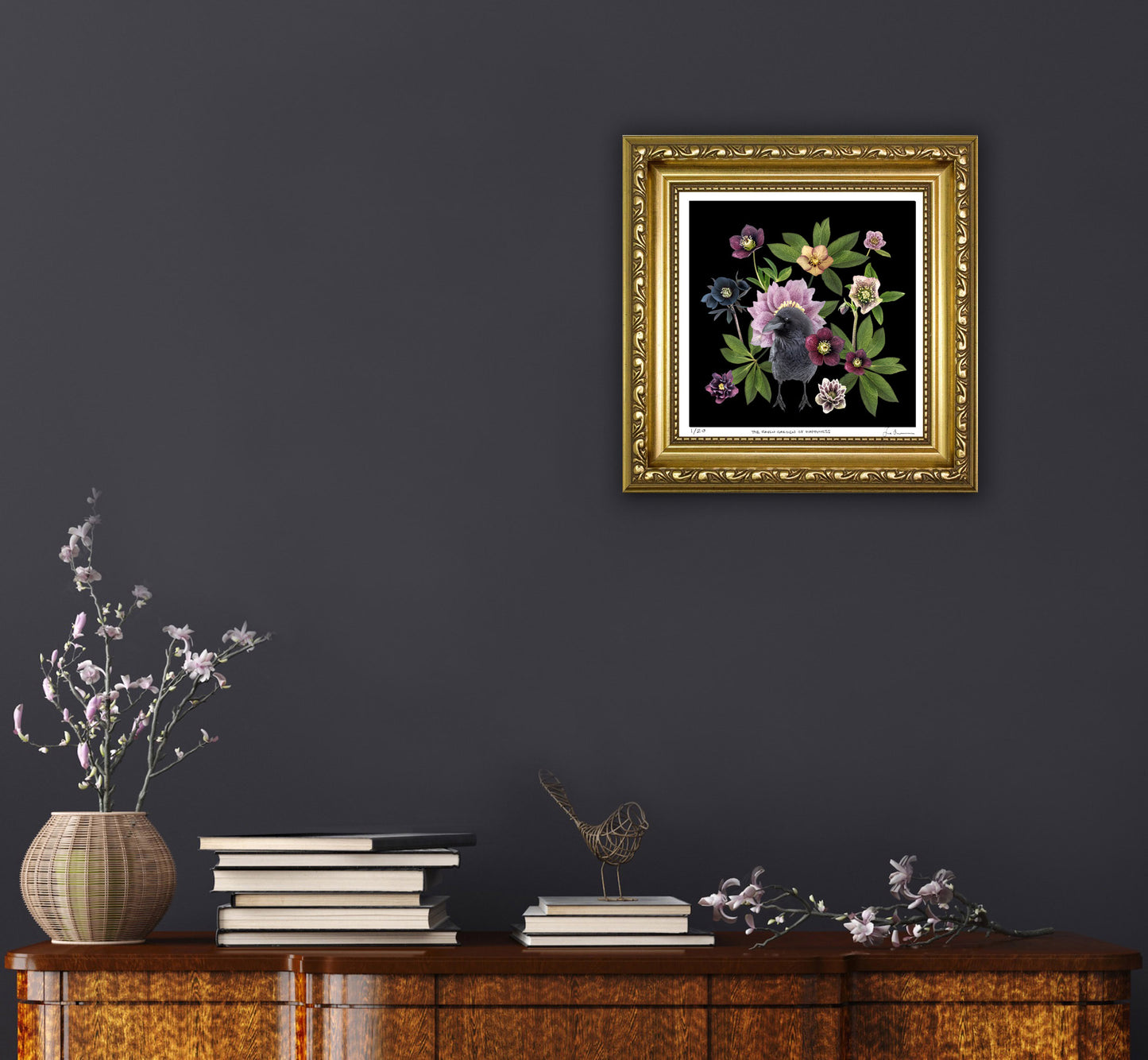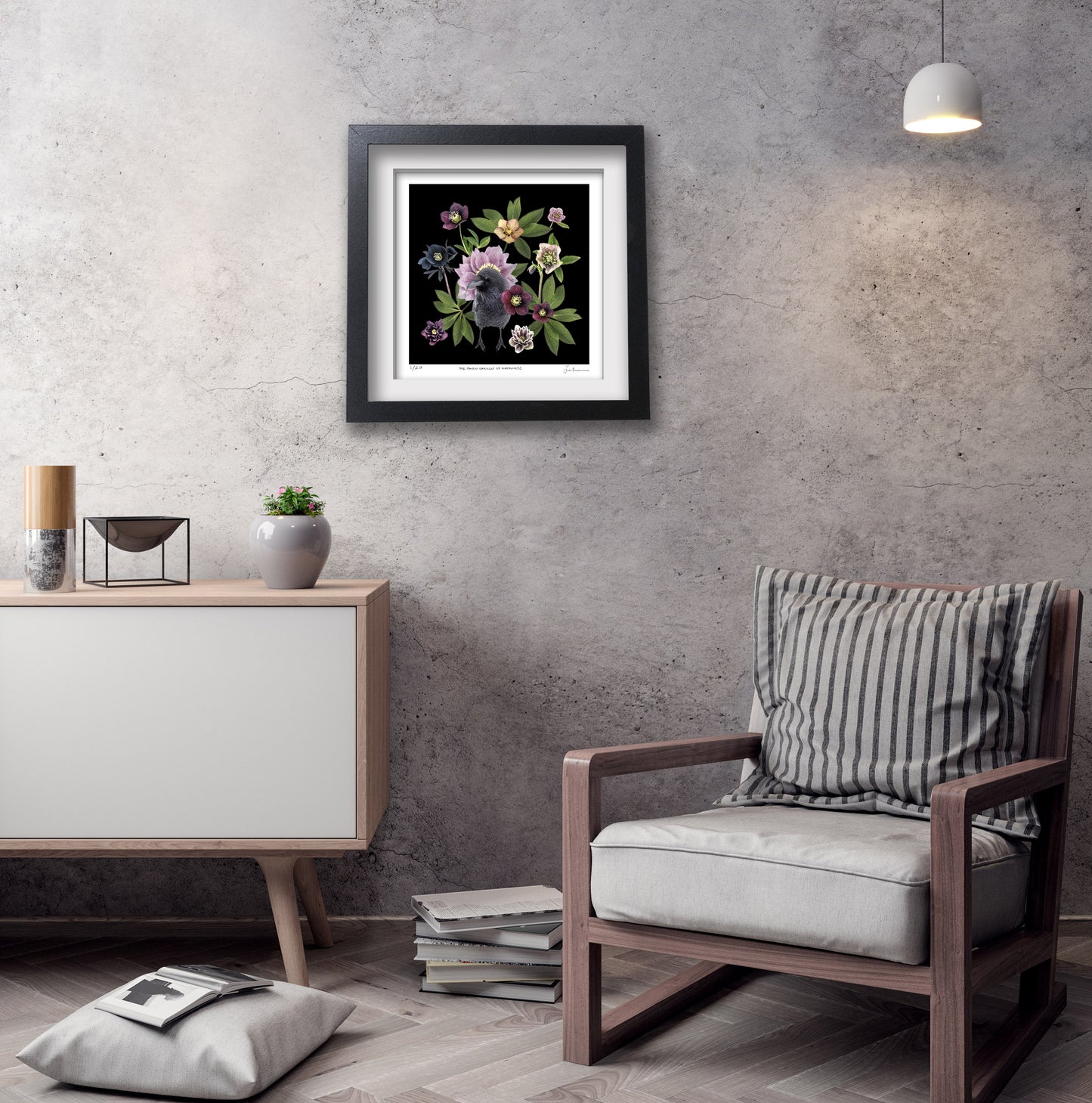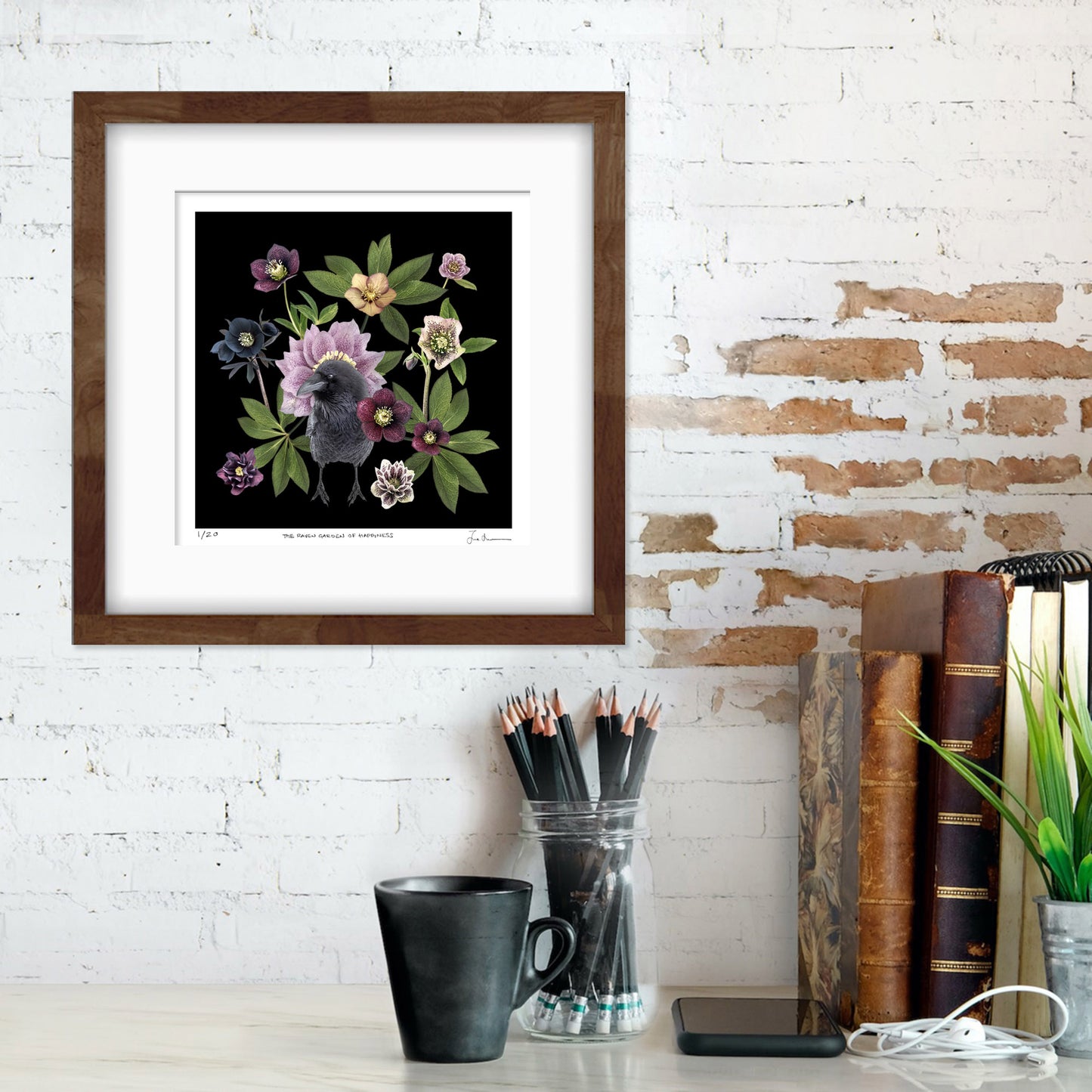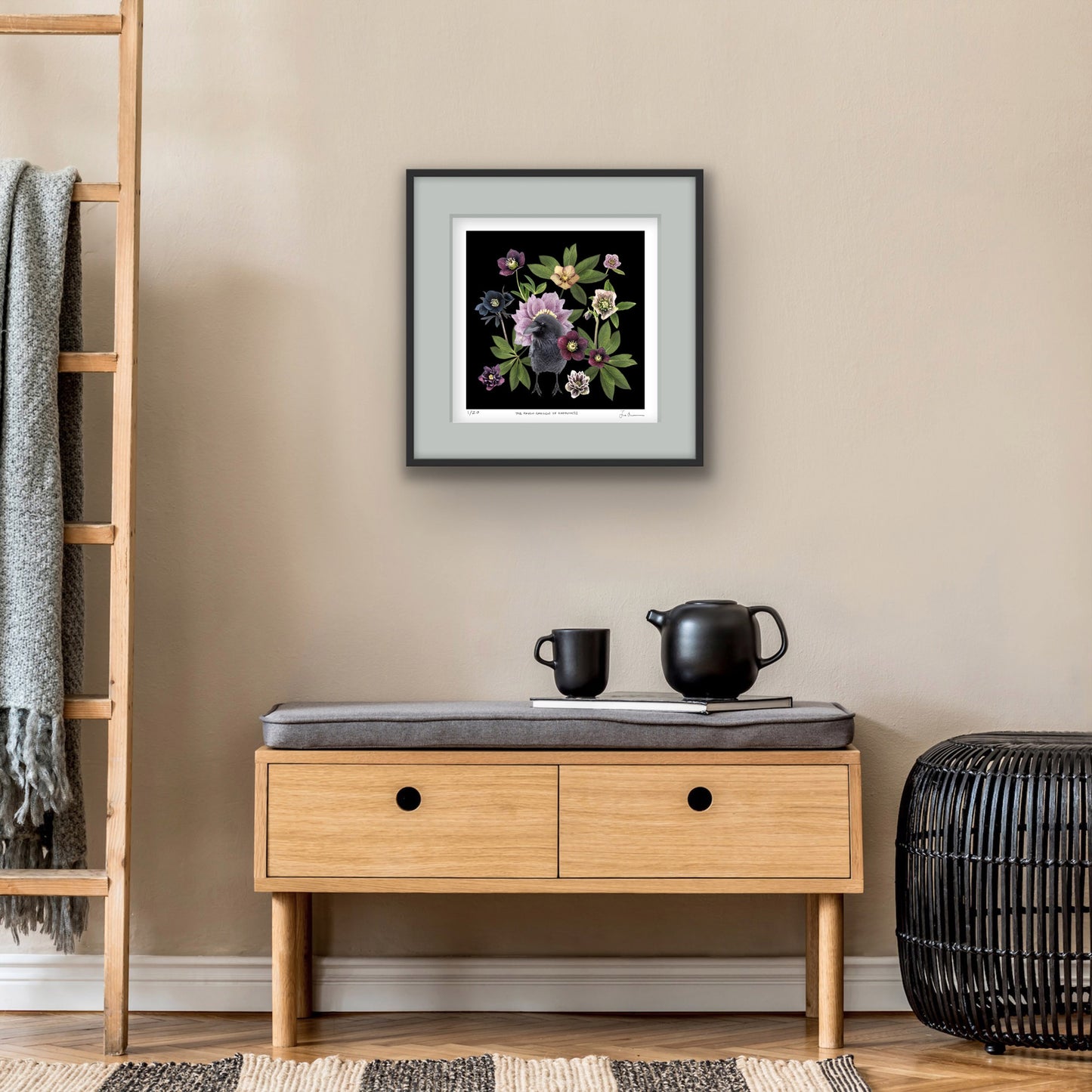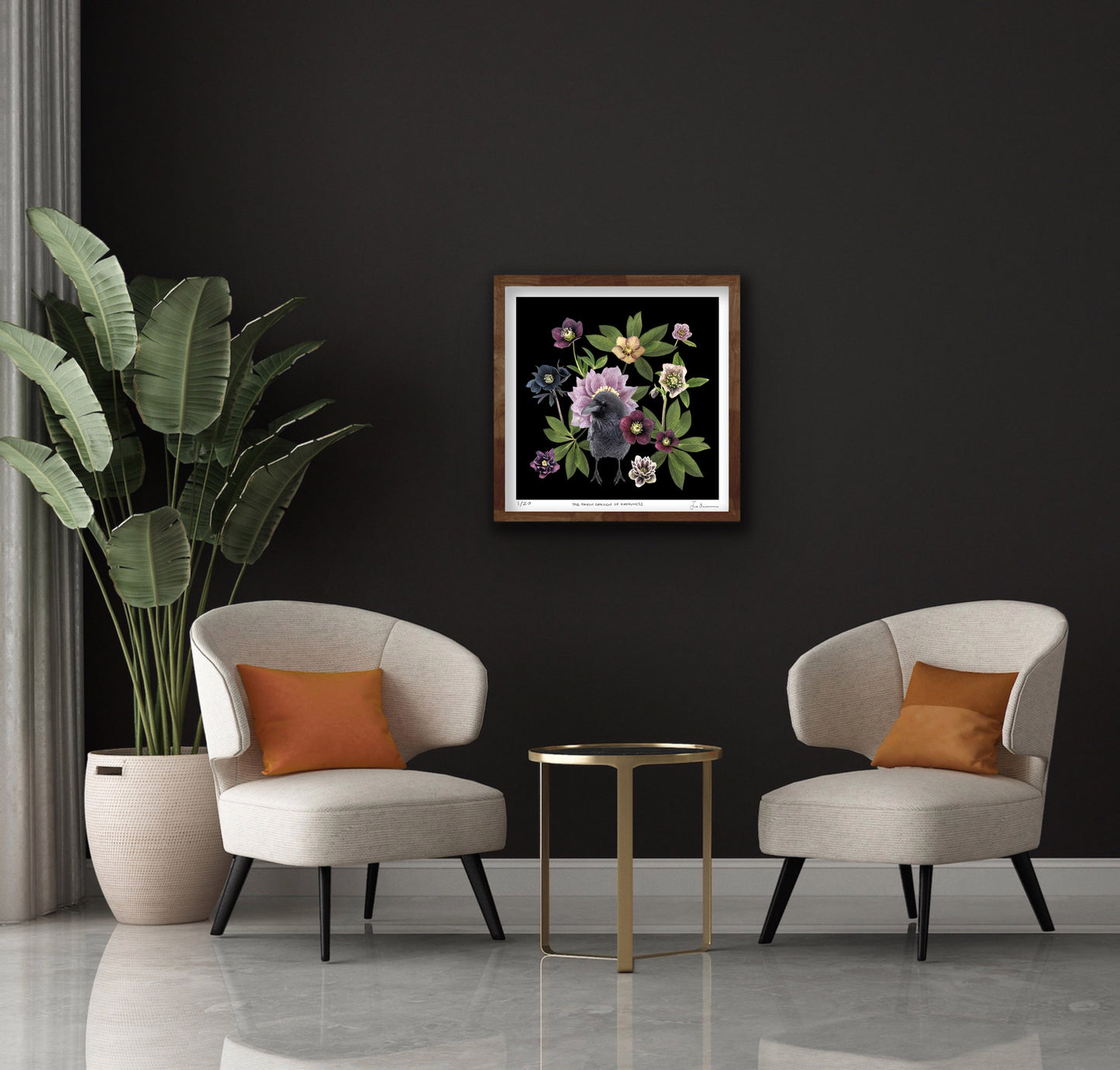Where To Hang Wall Art in the Bedroom
Dos and Don'ts of Hanging Wall Art in a Bedroom
If you're wondering where to hang wall art in the bedroom so it looks beautiful (not awkward), this post is for you.
Hanging wall art in your bedroom can transform the space, but it's essential to do it thoughtfully. This post will guide you through how to enhance your bedroom with art while avoiding some of the common pitfalls. You still have to sleep in this room, so keep that in mind while picking your art.
And with the right art, you might even get a better night's sleep!
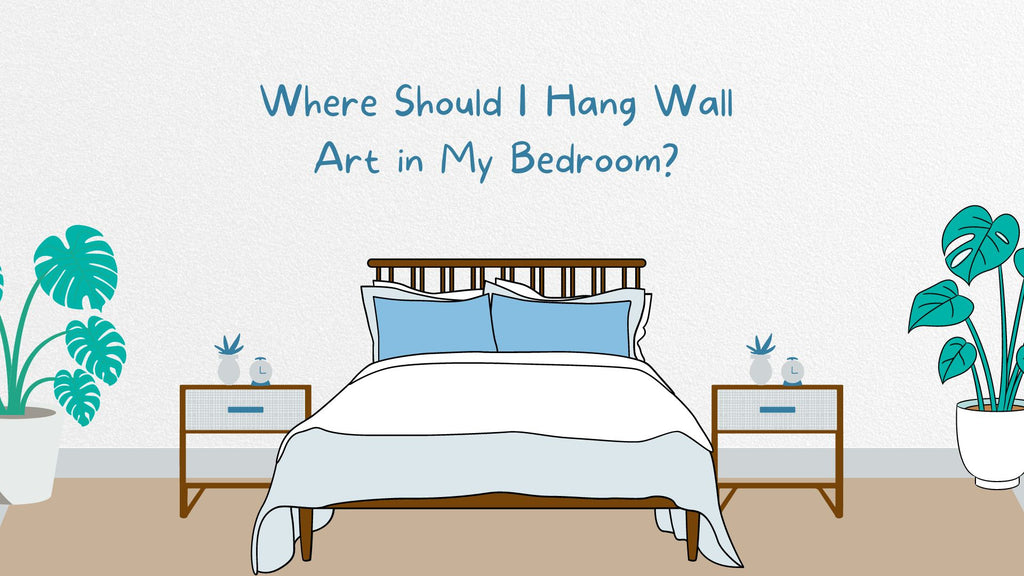
6 Dos of Hanging Wall Art
1 - Do Balance Multiple Pieces
Strategize the Layout: Arrange your art on the floor to plan the layout before hanging. When you plan your layout ahead of time, you can avoid a pitfall that I'm guilty of: changing my mind a million times and putting tons of holes in the wall!
Maintain Balance: Distribute the pieces evenly and maintain consistent spacing between them. You'll notice that if the spacing between the art is random, it doesn't feel as calming.
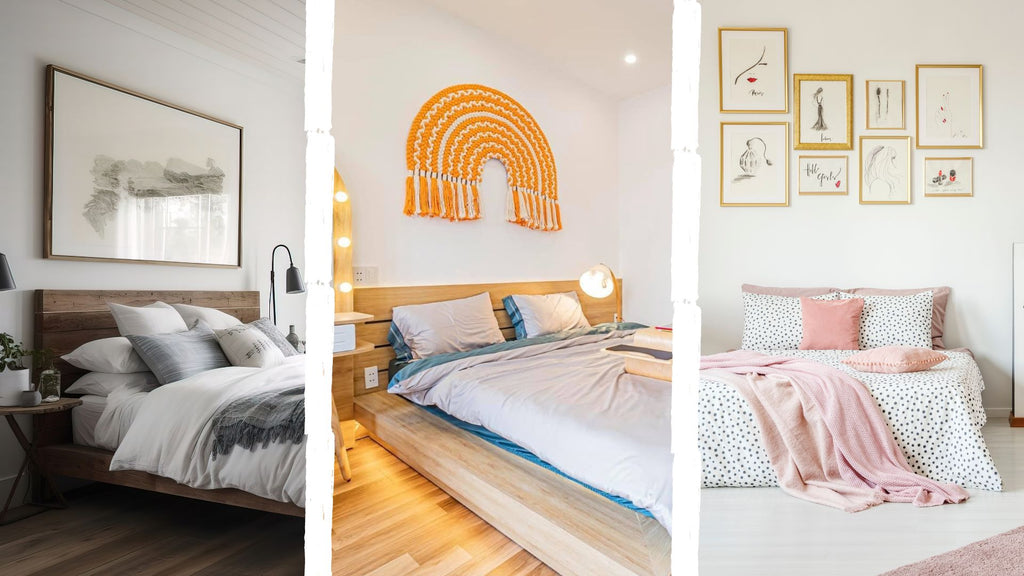
2 - Do Put Art Above the Bed
Centre the Art: Align the artwork's centre with the centre of the bed.
Keep the Art at Eye Level: The bottom of the frame should be about 8-10 inches above the headboard. You can tape the placement with painter's tape to ensure it feels right before you put holes in the wall. Depending on the headboard size, you may need to bend the "rules."
3 - Do Size the Art to the Wall
Proportional Sizing: Large walls can accommodate larger or multiple pieces, while small or narrow walls may require smaller or singular pieces. You don't need to put a massive piece of art above the bed. Often a 12-inch print with a 1.5 to 2-inch mat will look fabulous.
4 - Do Consider Vertical vs. Horizontal Arrangements
Vertical Arrangements: A vertical arrangement can make ceilings appear higher. You often see this arrangement style in studies, libraries, and palaces. But you don't need to live in a palace to allow your art to creep up the wall.
Horizontal Arrangements: A horizontal arrangement can make a room appear more expansive. A simple way to do this is to frame three prints of the same size and colour palette and create a sort of triptych along one long wall.

5 - Do Consider Unusual Layouts When You Have Unusual Walls and Ceilings
Sloped Ceilings: If you have sloped ceilings, try hanging art on the wall's tallest part.
Odd Shapes: Use smaller art pieces to fit the specific wall spaces when there are many nooks and crannies.
6 - Do Consider Lighting
Natural Light: Place art where it can receive natural light but avoid direct sunlight. The reason to avoid direct sunlight is your print will last longer. But you don't have to be a stickler about this.
Accent Lighting: Use accent lighting to highlight the artwork when it makes sense. This doesn't work for all types of art. But for something elevated, it can be a beautiful way to add a glow to your space while highlighting the art.
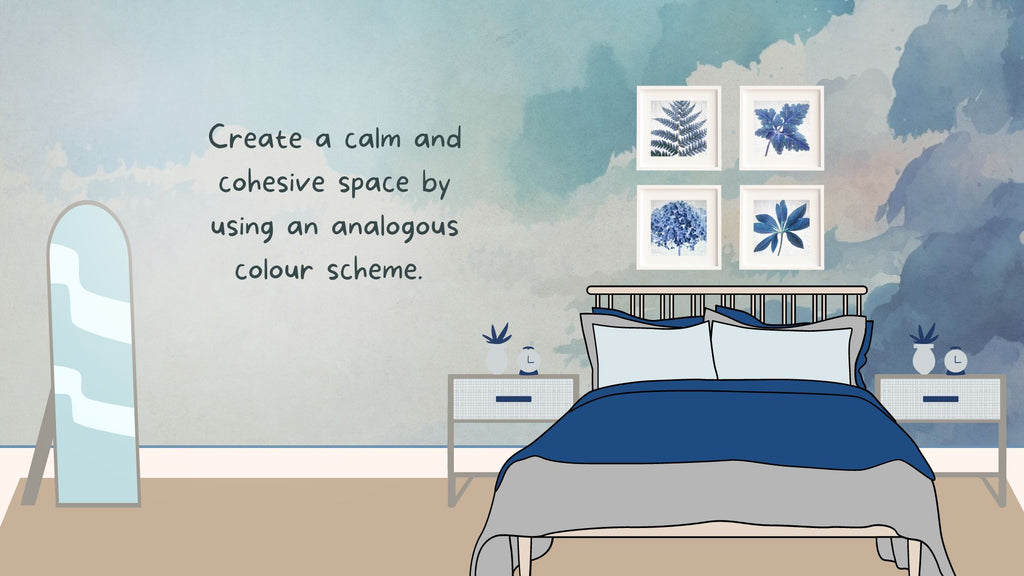 BLUE BOTANICAL PRINTS - Fine Art Photography
BLUE BOTANICAL PRINTS - Fine Art Photography
5 Don'ts of Hanging Wall Art
1 - Don’t Overcrowd
Too many pieces on one wall can make the space feel cluttered.
It's essential to ensure that your space has just the right amount of art - not too much or too little. When in doubt, put up less art rather than more unless you're a true-blue maximalist…in which case, please go wild!
2 - Don't Hang Your Art Too High or Too Low
Art should be at eye level; hanging it too high or low can disrupt the room's visual flow.
However, remember that you sometimes need to adjust the art based on the height of the furniture. So don't be afraid of hanging it high if it feels right.
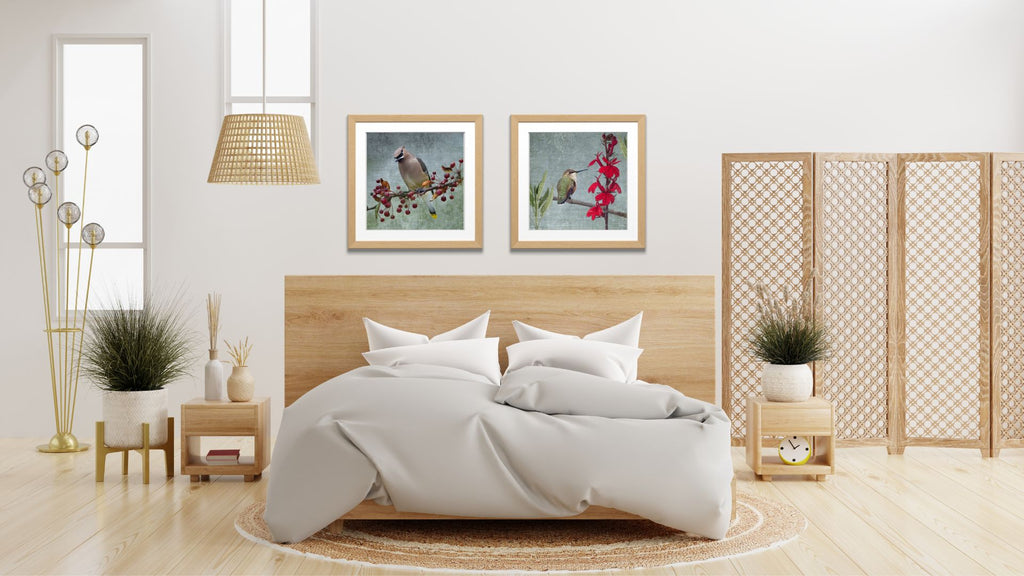
3 - Don’t Ignore the Rest of the Room
Don't hang art in isolation; consider the furniture and decor around it to ensure cohesion.
It can be helpful to have a friend hold the art up so you can stand back and take a look before you hammer holes in the wall.
4 - Don’t Neglect Safety
Ensure the art is securely fastened above the bed to prevent accidents.
If you're nervous, or live in a heavy earthquake zone, put canvases (rather than heavy framed prints) above the bed. Or use a lightweight frame with acrylic that will not shatter.
Also, don't be too nervous.
If you use proper picture-hanging hooks and nails, even a heavy painting will stay in place when nailed into drywall. The downward angle of the nail works with gravity and the weight of the painting and becomes more secure rather than less over time. The painting pushes the nail deeper into the drywall because it's on a downward angle. (+)
5 - Don’t Overlook the Frame Style
The frame should complement the art and the room's decor.
You can keep it simple with your frames, or have fun and go bold! I like minimalist oak and bamboo frames for bedrooms as they create a light yet calm feeling.
White frames are also lovely.
Black frames can create a grounded feeling if your room is relatively light in colour and needs some balance. If your room is more traditional, don't be afraid of larger, ornate frames. They can make a space feel elegant or cozy, depending on the style of the frame.
Final Thoughts
Choosing and hanging wall art in your bedroom is about more than just decoration; it’s about creating an environment you love and feel comfortable in. By following these dos and don'ts, you can ensure that your bedroom looks great and feels calming.
Check Out June Hunter's Prints
Check out June Hunter’s collection of crow, raven, garden bird and black and white prints which will add a touch of nature to your home.
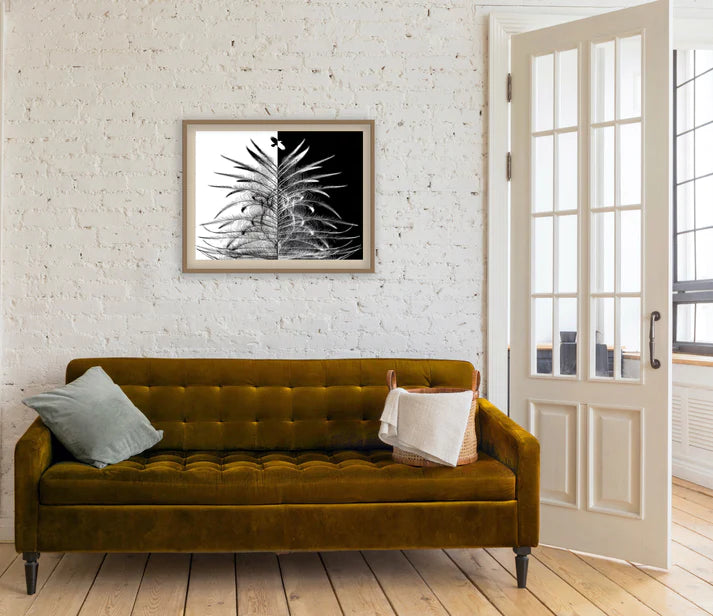
Read More:
How to Choose Wall Art for a Master Bedroom
What Type of Wall Art Should You Put in Your Bedroom?
Explore June Hunter's Gift Shop
This article was written by Colette Nichol and reviewed by photographer and nature enthusiast June Hunter. Our aim with these short articles is to bring interesting bird facts and nature-inspired home décor info to more online readers while also highlighting June Hunter's photography and designs. To read June Hunter's popular blog the Urban Nature Enthusiast, where she shares stories about crows and ravens, please click HERE.

